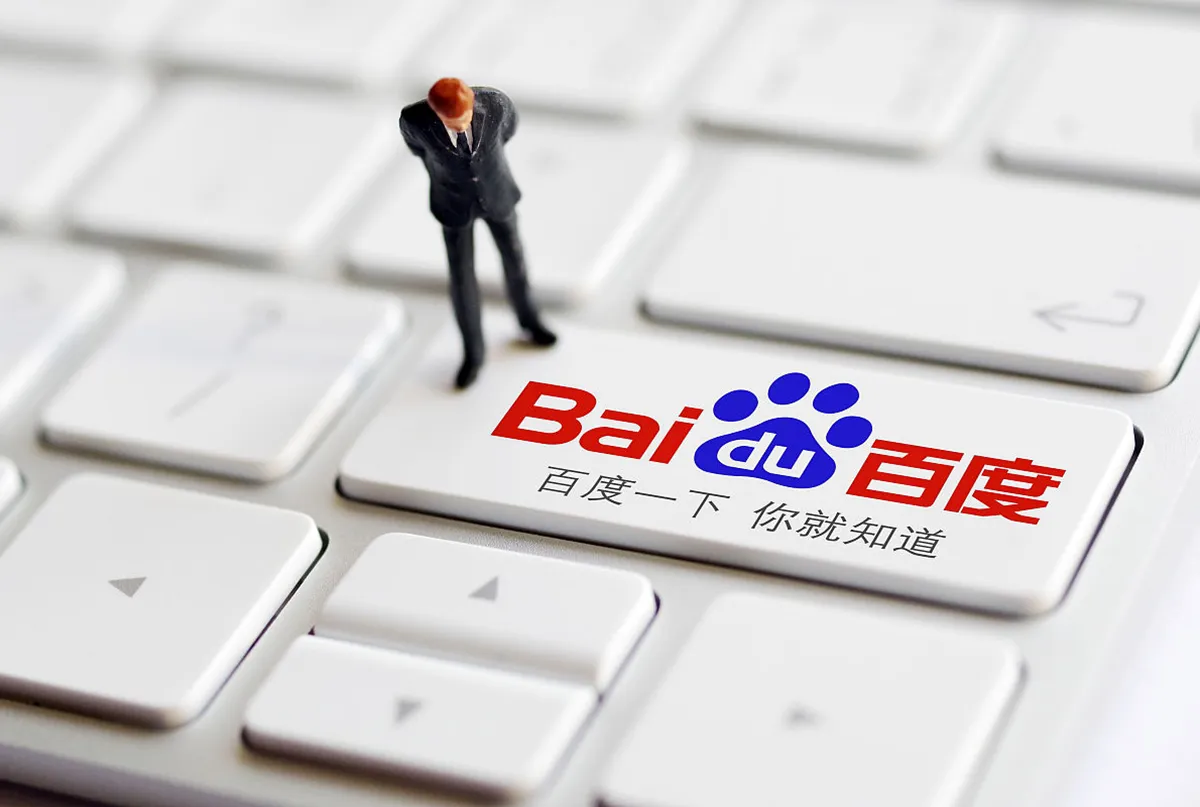Let the locals do local things
Growing business in China is quite different than doing business in the rest of the world. While businesses following the classical Western model of business law are accustomed to roughly the same set of legalities and practices, the expectations that China’s consumers have are considerably different from those of The US, Europe or Australia. This shouldn’t be cause for concern; rather it’s a case for leveraging local expertise provided by 3PL partners in the market.
The right partner will know how to navigate the logistics and operations to avoid headaches and save money. Understanding elements like proper registration at the border, facilitation of duties, and identifying which ports are best for a shipment are part of what differentiates the better 3PL partners from the average ones.
We don’t need that, do we?
The deep pockets possessed by big companies are a luxury that most SME’s could only dream of.
This is why limiting costs is especially crucial for smaller enterprises. Leveraging third-party logistics in China will save you on one massive cost: leasing warehouse space. Finding the right property, staffing the property, and maintaining it are all costly necessities for an organization looking to own its own warehouse.
Though having complete control over a space can be appealing, the objective costs often outweigh subjective feeling of control.
So, what now?









